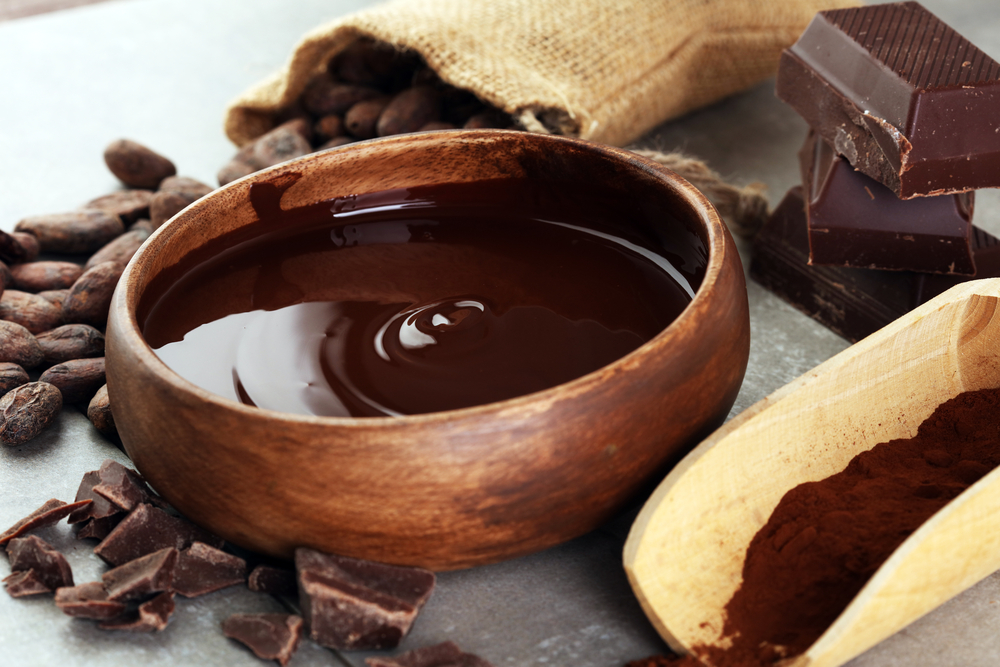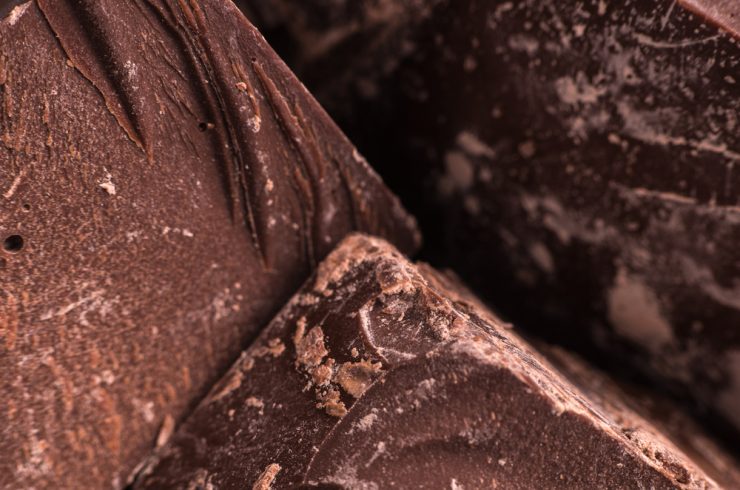“I happened to notice that it’s World Chocolate Day this month and, as an avid chocolate eater, it caught my eye! My problem is that once I start eating it, I find it very difficult to stop but I absolutely love the taste and texture, especially of dark chocolate. Are there any nutritional benefits to eating it or should I try to stop or reduce my intake? I’m not aware that I have any particular health problems.”
Clinical Nutritionist, Suzie Sawyer, answers.
A great question! Firstly, a little trivia: did you know that there are more Nobel Prize winners per capita in countries with the highest chocolate intake? There is potential a good reason for this: chocolate is rich in plant compounds, catechins, polyphenols and flavonoids, which are powerful antioxidants and have a protective effect on the brain.
Interestingly, a research study in 2011[1] stated that the fruits from the cocoa tree were higher in antioxidants that some of our well-known fruits such as pomegranate. However, the chocolate that comes from the plant does need to be dark with a minimum of 70% cocoa solids for us to see the antioxidant benefits.
Chocolate Nutrition

Chocolate is naturally rich in minerals, especially iron, needed for energy, zinc, essential for the immune system and magnesium, used for lots of body processes, but importantly for the nervous system. Magnesium can be helpful for people that can’t sleep. One of the potential downsides of chocolate is that it contains caffeine so might not be good to eat for those who are caffeine sensitive. The potential sleep benefits of the magnesium will unfortunately be outweighed by the caffeine.
Heart Health

You may have also read about chocolate’s benefit for the heart, especially in reducing blood pressure. This is also down to the amazing plant polyphenols that deliver so many health benefits. Importantly, they release nitric oxide which helps relax artery walls, hence reducing blood pressure. These polyphenols are found in the beans of the Theobroma cacoa tree. Chocolate is obtained from the cocoa ‘liquor’ and adding cocoa butter and sugar. This of course does make it high in calories and fat, so whilst it certainly has some great health benefits, moderation is the key!
Digestive Health

Additionally, we have so much scientific understanding of the importance of the gut microbiome, and there has been lots of research into cocoa powder and its benefits for digestion, and the immune system. This is very closely related to the gut microbiome because much of our immune system reside in the gut. These powerful plant compounds that I’ve discussed, appear to increase the amounts of some of our key beneficial bacteria, namely the Lactobacillus and Bifidobacterium strains. Otherwise known as ‘friendly bacteria’ for good reasons, they not only help crowd out any bad guys that we don’t want, but they also help to modulate immune function which has a very protective effective overall.
Stick to dark chocolate
Chocolate does contain compounds that seem to trigger migraines but if you’re not noticing any issues, then my summary is that it’s fine to eat, but in moderation. Try to steer away from highly processed milk chocolate varieties which are very high in sugar and lack any of the beneficial plant compounds and go for dark chocolate with a minimum of 70% cocoa solids to gain the most benefits.
[1] Stephen Crozier et al. Cacoa seeds are a Super Fruit. A comparative analysis of various fruit powders and products. Chemistry Central Journal 5, Article number: 5 (2011)
























Add comment